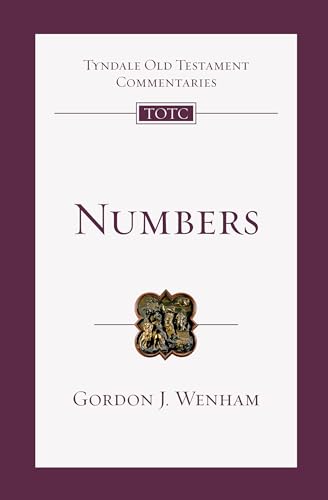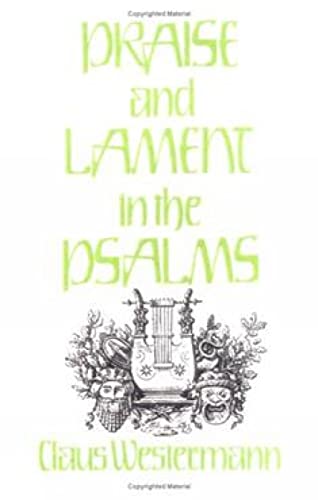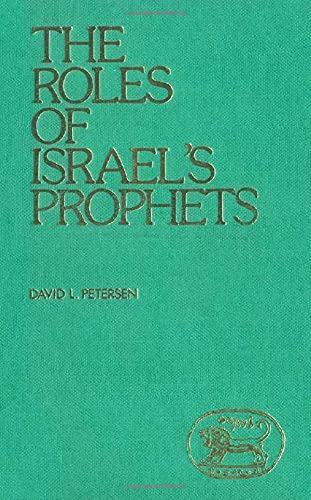This book, by an Australian Methodist scholar who tends towards a conservative position, has merited publication both in a prestigious German series and also in the new series, Studies of the New Testament and its World, edited by John Riches: The author takes up the unsolved—and often unasked—question of Luke’s purpose in writing his two-volume work, and he offers a careful, fully documented study of it which will form an excellent introduction to the latest state of Lucan research.
Maddox assumes the unity of Luke-Acts as a single work. Its author had been a member of Paul’s circle from time to time, not necessarily Luke the physician, and wrote in the 80s or 90s. His audience was composed of Christians and he wrote theological history for them. The question of his purpose is to be answered by identifying his main themes, four of which are identified and discussed at varying lengths.
First, Luke is interested in the relation of the church to the Judaism from which it is now separated. Luke shows a pro-Judaean orientation; he even depicts Paul as a Pharisee, but this is in respect of his lively eschatology and not in respect of keeping the law. Yet Luke also shows how the Jewish leaders have rejected the Messiah, and in general the Jewish community shares this attitude and stands under judgment. In this situation the Christians must remain loyal towards the Jewish traditions, even though the Jews have rejected their gospel.
Second, Luke is interested in the figure of Paul, especially in the period of his imprisonment to which he devotes more space than to his missionary travels. Luke says little about Paul’s theology but depicts him as the greatest Christian missionary and leader. Yet he is not regarded as an apostle. He is distinguished in time and function from the apostles as a ‘bridge-figure’ who has acted blamelessly towards the Jews and Romans, who has endured suffering and (it is implied) martyrdom, and who has remained confident in God.
Third, Maddox shows briefly that with regard to the Roman Empire Luke was not writing a political apology, but is rather telling Christians to live at peace with the state and not to play the hero. He emphasizes that the category of a religio licita can be put aside.
Finally, the author tackles Luke’s eschatology in his longest section. While in his view Luke retained the hope of an imminent consummation (within the life-time of some of Jesus’ contemporaries), he shows convincingly that his emphasis lay on the present fulfilment of eschatology in the ministry of Jesus.
Next, Maddox moves on to new ground in comparing the parallels in theme between Luke and John. He rightly recognizes their independence of each other and their use of common traditions. Both are interested in central and southern Judaea, and both have the same distinctive interests in christology, eschatology, the Spirit and the church. Here in Luke’s development of this material we may find a clue to the points which he felt had not been adequately emphasized by his predecessors.
On the basis of this examination Maddox is able to reject a number of familiar theories about Luke’s purposes and to claim that Luke has two main themes, ecclesiology and eschatology. Put in plain English, Luke wanted to persuade his Christian readers that they really did enjoy salvation, even if the attitude of the Jews might make them feel that they were excluded from salvation; in fact salvation had already come in Jesus and was being experienced within the church as a present fulfilment of God’s ancient promises to Israel. Thus Luke aimed to give his readers certainty about the story of those events which had been ‘fulfilled’ in their midst.
No small part of the value of the book lies in its refutation of false or inadequate theories about Luke and his purpose, such as, for example, that his main motivation was to deal with the crisis caused by the alleged delay in the parousia or second coming of Jesus or that he understands the church in an ‘early catholic’ fashion. Again, he has shown that not everything in Luke-Acts arises from a desire to address the readers directly, so that we must see their situation directly mirrored in every incident; Luke was after all recounting history, even if lessons were meant to be drawn from it.
Maddox rightly insists that the hope of the second coming is clear in Luke-Acts. But he argues that Luke believed that the generation of Jesus’ contemporaries would not completely die out before ‘all things’ happen. It is a pity that he has not explored the implications of this ‘mistake’ for modern readers. He himself recognizes that his interpretation of the text is not free from difficulty on an exegetical level since later (p. 122) he is forced to conclude that ‘this generation’ must be extended to include Luke’s contemporaries. Again, he did not need to be so agnostic regarding the authorship of Luke-Acts, especially now that J. A. Fitzmyer’s monumental anchor Bible commentary has powerfully rehabilitated the traditional view. Nor again does he need to feel that Luke’s portrait of Paul and his theology is at times out of touch with history.
But the main thesis of the book is unaffected by these criticisms, it is in effect a restatement of W. C. van Unnik’s well-known theory, and it has the merit of recognizing that Luke’s primary concern is with the gospel of salvation. Above all, it tries to do justice to Luke’s own expressed purpose. Whether it has got the emphasis quite right is another matter. The author’s treatment of Paul needs to be tied in to his conclusions more securely and the discussion of the common Lucan and Johannine themes does not turn out to be so very fruitful in the conclusion. Maddox does not take account of Luke’s interest in riches and poverty which other scholars have regarded as one of his main concerns. Nor has he sufficiently clearly demonstrated the way in which the church situation which necessitated Luke’s work arose. But he has given precision to the view that Luke is the theologian of salvation. He recognizes the positive value of Luke’s writings for the church today (though in this academic study he does not draw out the implications). He has provided an important contribution to Lucan studies from which students and scholars at all levels can learn much.
I. Howard Marshall
I. Howard Marshall
University of Aberdeen
Aberdeen, Scotland, UK







